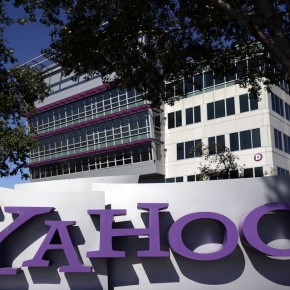At Google’s inception, founders Sergei Brin and Larry Page eschewed advertising, concerned that people would think financial interests might skew the search engine’s results.
Now?
Fuhggedaboudit.
Via the Wall Street Journal (print edition headline):
Deceptive Web Ads Draw Flak, Little Action
Federal regulators last year told Google Inc., Yahoo Inc., and Microsoft Corp. to more clearly highlight the ads in their search-engine results, to avoid deceiving consumers.
In response, the three leading U.S. search engines have done little, making it difficult for users to distinguish ads from “natural” search results. Google earlier this year stopped placing colored shading around ads, and now displays a small yellow “Ad” label next to some paid links. The shading of ads on Yahoo and Microsoft’s Bing search results is nearly imperceptible; both search engines label ads with a single line of light-gray text.
“Consumers are being tricked,” says Robert Weissman, president of Public Citizen, a consumer-advocacy group whose complaints helped push the U.S. Federal Trade Commission in 2002 to first issue guidelines recommending that search engines clearly delineate listings that are ads.
That’s not happening, according to Rolfe Winkler’s Journal piece.
Nuts-to-you grafs:
The shading behind ads on Bing and Yahoo is so light that it is difficult for search-engine users to notice, says Public Citizen’s Mr. Weissman.
He and others say Google’s yellow “Ad” label is a better disclosure.
“That’s not saying much, because Google is still trying to deceive consumers,” says Jakob Nielsen of Nielsen Norman Group, a consultancy that focuses on how people interact with websites.
Read the whole Journal piece. If it doesn’t piss you off, you deserve what you get.
John R. Carroll is media analyst for NPR's Here & Now and senior news analyst for WBUR in Boston. He also writes at Campaign Outsider and It's Good to Live in a Two-Daily Town.
John R. Carroll has 305 post(s) on Sneak Adtack
